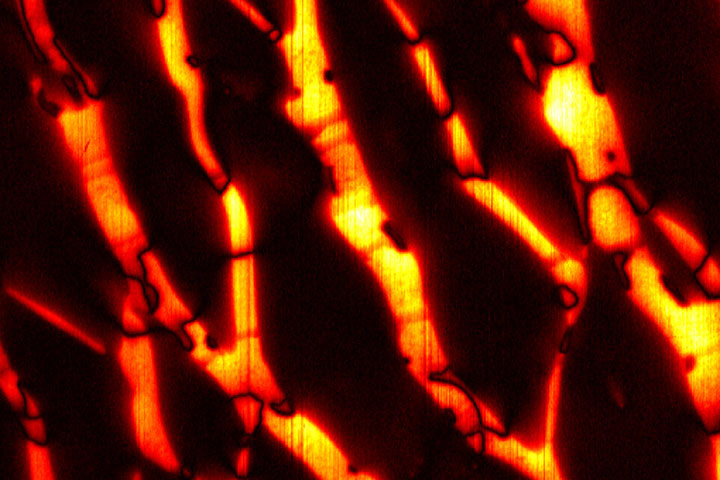Adapting Chemotherapy Regimens for a Better Pancreatic Cancer Outcome

Oak Ridge National Laboratory’s photostream; Flickr
Is it effective to switch the type of chemotherapy in the middle of treatment to optimize outcomes for individual patients?
For pancreatic cancer patients whose tumors may be surgically removed, the standard treatment before surgery has traditionally been one of two chemotherapy regimens: either modified FOLFIRINOX or gemcitabine/nab-paclitaxel. But which one is right for each patient?
In many cancers, researchers have identified biomarkers that can be used to predict how individual patients might benefit from specific treatments, based on the molecular make-up of their tumors or their gene mutations, for example. But there are no solid predictive biomarkers yet in pancreatic cancer, so it can be difficult to determine the optimal chemotherapy regimen for each patient.
With this in mind, researchers have designed a study to provide a flexible treatment protocol for newly-diagnosed pancreatic cancer patients, while also exploring potential biomarkers to stratify patients into future treatment regimens.
How the Trial Works
Patients will receive initial treatment with modified FOLFIRINOX. After four cycles of treatment, each patient will be assessed for next steps. If there is no advancement in the cancer, the patient will stay on the regimen for an additional two months. If the patient has not responded well to the initial treatment, they will be switched to gemcitabine/nab-paclitaxel for two months. For both treatments, researchers will evaluate the combination with the high blood pressure drug losartan.
After another review, the next treatment step will be determined: to proceed immediately with surgery; undergo radiation therapy before surgery; or continue with chemo if surgery is no longer an option. At the end of the study the participants will be followed at increasing intervals.
The study coordinators will be assessing the successful surgical removal of the tumor without leaving any tumor residue behind, and how patients respond to the presurgical treatments. The researchers are also looking at the survival rate of the participants and the safety of switching chemo regimens.
The study will also contribute to several exploratory research objectives, such as identifying potential predictive biomarkers (blood or image-based) and providing samples to better understand pancreatic cancer tumor biology.
To Join the Trial
The phase II study is open to patients with pancreatic cancer that is surgically removable or borderline removable, with no previous treatment. A small number of patients with locally advanced but not surgically removable tumors will also be considered as part of an exploratory arm of the study.
We encourage you to consult your physicians for clinical trials that may be right for you. The website ClinicalTrials.gov provides more details about this trial as well as many others. You can visit the Let’s Win Trial Finder for a list of all active pancreatic cancer clinical trials.





